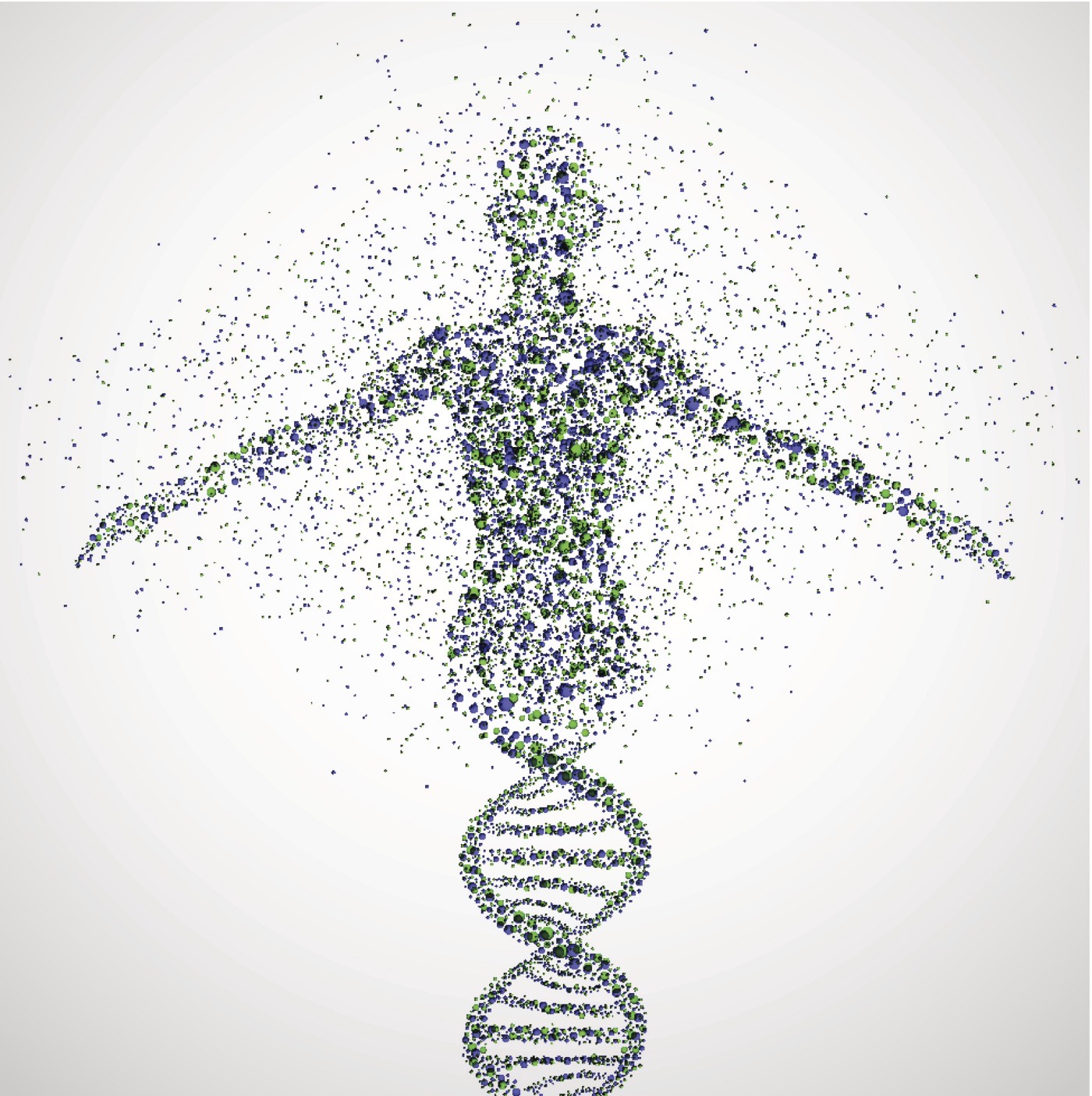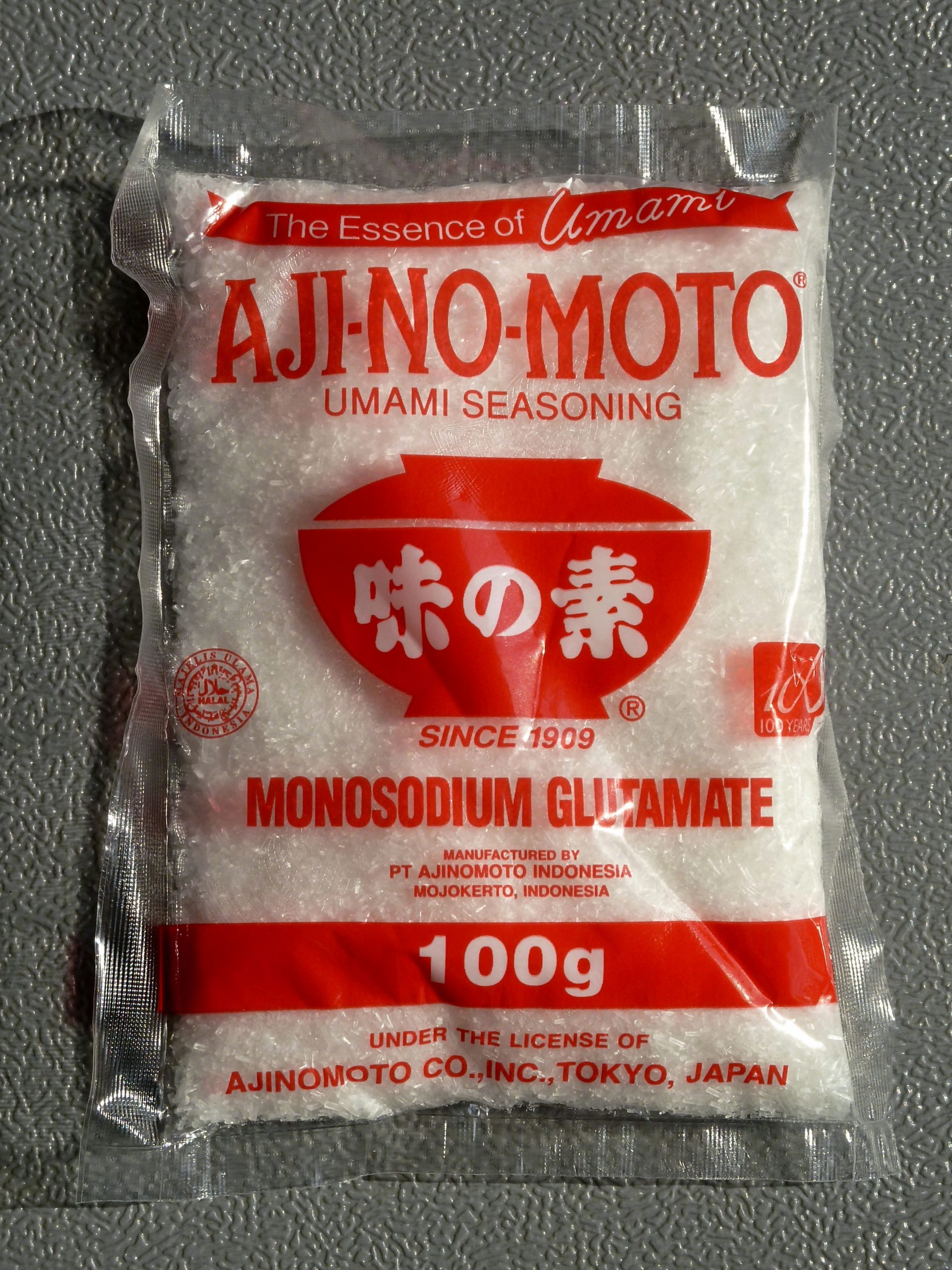
What Naturopathy Is All About
What Naturopathy Is All About
Naturopathy is “the science of nature and its interaction between all its kingdoms”. It studies human physiology so that a person’s physical and mental health is the best it can be.
Its goal is for living beings to be in harmony with the cosmos. It, therefore, covers a very vast field that we will discover at the same time as the profession of naturologist.
Naturopathy or nature healing

Naturopathy is one of the oldest sciences of the West, already used by Hippocrates, as a synthesis of natural health methods, with priority given to lifestyle hygiene.
Hippocrates took the laws of nature and physiology to “reveal to each person his inner doctor”, that is to say, his self-healing capacities. Indeed, human beings have always naturally treated themselves with:
plants: the plant world with its almost inexhaustible resources capable of relieving our everyday ailments, but also of instilling energy and defending us against external aggressions; water; clay; Fasting;, food: “let your food be your first remedy” (Hippocrates); physical exercise in the open air; massages; life in nature; psychotherapy, meditation.
plants: the plant world with its almost inexhaustible resources capable of relieving our everyday ailments, but also of instilling energy and defending us against external aggressions; water; clay; Fasting;, food: “let your food be your first remedy” (Hippocrates); physical exercise in the open air; massages; life in nature; psychotherapy, meditation.
Hippocrates has his way of expressing things with pedagogy. He teaches moderation: “Everything has its time”, “Do no harm”.
Note: traditional Chinese medicine, Ayurveda in India, and Hildegard of Bingen’s medicine in Europe are all based on this philosophy of life.
The practice of the naturologist
The naturologist establishes a deep and quality relationship: he welcomes, listens to the “life story”, observes his patient, and takes note of his medical diagnosis to seek “naturopathic techniques and lifestyle modifications” to accompany him towards a better being.
Good to know: the naturologist does not use dangerous means and understands the medical contraindications.
The naturologist seeks to know “the human being as an open system in dynamic evolution in his environment”. His approach is holistic.
Training for the naturologist profession
“It is not the tools he uses that make the naturologist, but his attitude towards his clients and his systemic approach to symptoms.
The naturologist studies living organisms’ functioning and searches for ways to improve this functioning. During his training, the naturologist studies the human organism in its entirety:
“It is not the tools he uses that make the naturologist, but his attitude towards his clients and his systemic approach to symptoms.
The naturologist studies living organisms’ functioning and searches for ways to improve this functioning. During his training, the naturologist studies the human organism in its entirety:
its anatomy; its functioning as well as its physical and chemical constituents; its homeostasis (i.e., the dynamic balance); the nervous and hormonal systems; genetics…
At the same time, he studies the notions of hypnosis, homeopathy, acupuncture, phytotherapy, kinesiology, massage, drainage, osteopathy, as well as the lifestyle: diet, trace elements, essential oils, phytotherapy, hydrotherapy, allopathic drugs, and surgery…
Altogether, he studies the notions of hypnosis, homeopathy, acupuncture, phytotherapy, kinesiology, massage, drainage, osteopathy, as well as the lifestyle: diet, trace elements, essential oils, phytotherapy, hydrotherapy, allopathic drugs, and surgery…
Finally, the naturologist must know his limits to go beyond his competencies, learn to transmit the principles of healthy living, and how to prevent disease.
He contributes to helping his patient seek a quality of life and reduce health expenses by informing them.
Hope this post has pleased you. Remember to share your opinion in the comments below.
You May Also Like

Amazing Scientific Facts Hidden in the Bible (Part 2)
2022-06-08
The History and Impact of The Human Genome Project On Medicine
2022-07-15


4 Comments
Pingback:
Pingback:
Pingback:
Pingback: